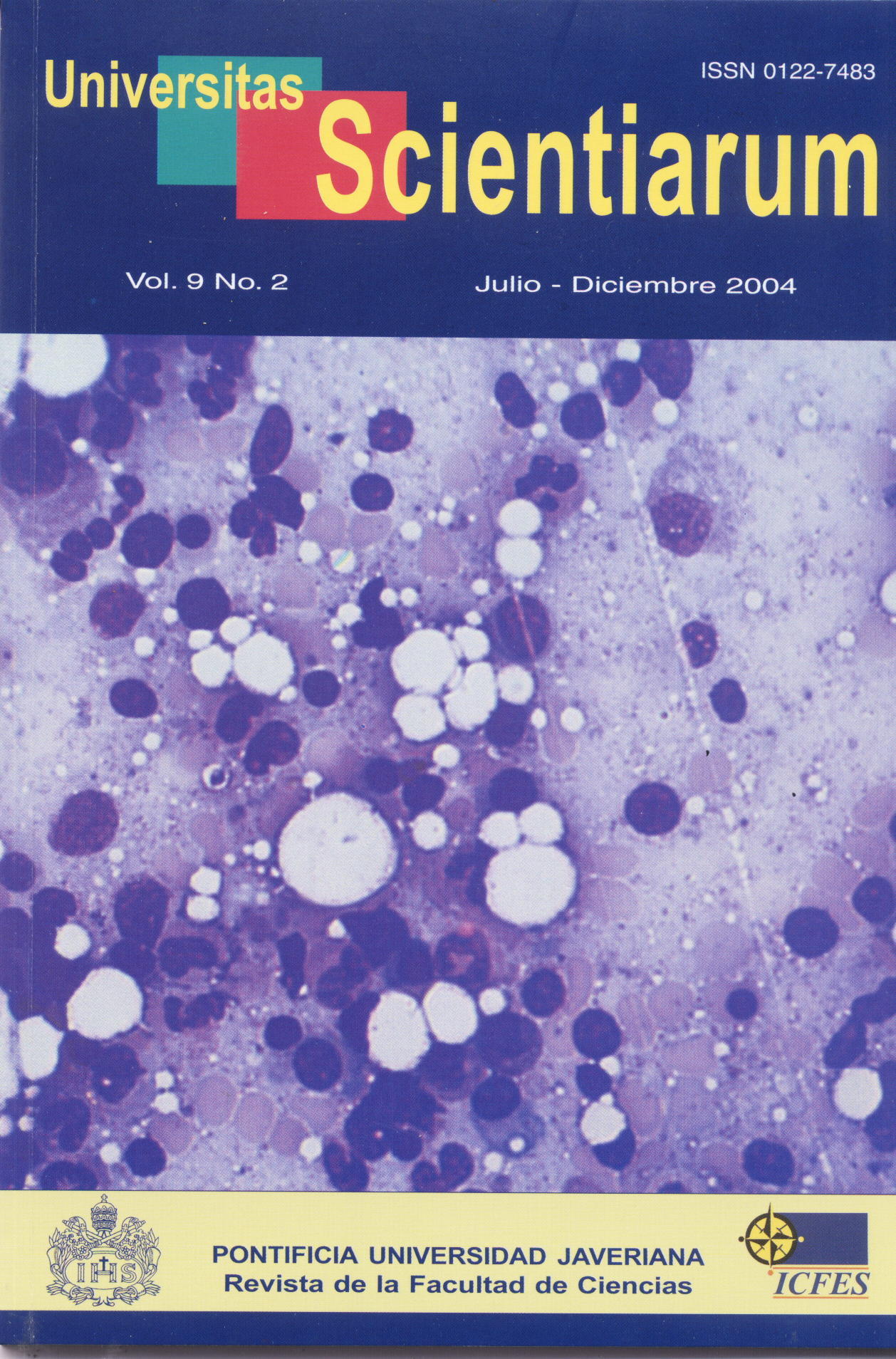Abstract
The present work shows the determination, evaluation, and standardization of the microbiological generated by the elaboration of sterile medications based on the -Lactamic antibiotics in a pharmaceutical industry. Limits of contamination are established before, during and after the liberation of the area, by means of the microbiological analysis of the environment, surfaces, equipment, ventilation systems and work uniforms, until reliable limits and levels of acceptance are established for each zone of the area, to fulfill the requirements of INVIMA (Colombian Institute of Surveillance of Medications and Foods), the agency regulating laboratories in Colombia. By means of the microbiological analysis of the evaluated parameters, the numbers and kinds of microorganisms present in the area were determined. A complete identification of these was achieved, and the two bacterial strains were isolated: Micrococcus kristinae and Staphylococcus xylosus. The strain of the isolated mold was: Aspergillus fumigatus. Finally, a program of environmental microbiological monitoring was established including the evaluation of all the parameters that compose and are implicit in the area, thus assuring and supporting its continuity with the documentation and registers developed for the sterile area of -Lactamics antibiotics.Univ. Sci. is registered under a Creative Commons Attribution 4.0 International Public License. Thus, this work may be reproduced, distributed, and publicly shared in digital format, as long as the names of the authors and Pontificia Universidad Javeriana are acknowledged. Others are allowed to quote, adapt, transform, auto-archive, republish, and create based on this material, for any purpose (even commercial ones), provided the authorship is duly acknowledged, a link to the original work is provided, and it is specified if changes have been made. Pontificia Universidad Javeriana does not hold the rights of published works and the authors are solely responsible for the contents of their works; they keep the moral, intellectual, privacy, and publicity rights. Approving the intervention of the work (review, copy-editing, translation, layout) and the following outreach, are granted through an use license and not through an assignment of rights. This means the journal and Pontificia Universidad Javeriana cannot be held responsible for any ethical malpractice by the authors. As a consequence of the protection granted by the use license, the journal is not required to publish recantations or modify information already published, unless the errata stems from the editorial management process. Publishing contents in this journal does not generate royalties for contributors.



